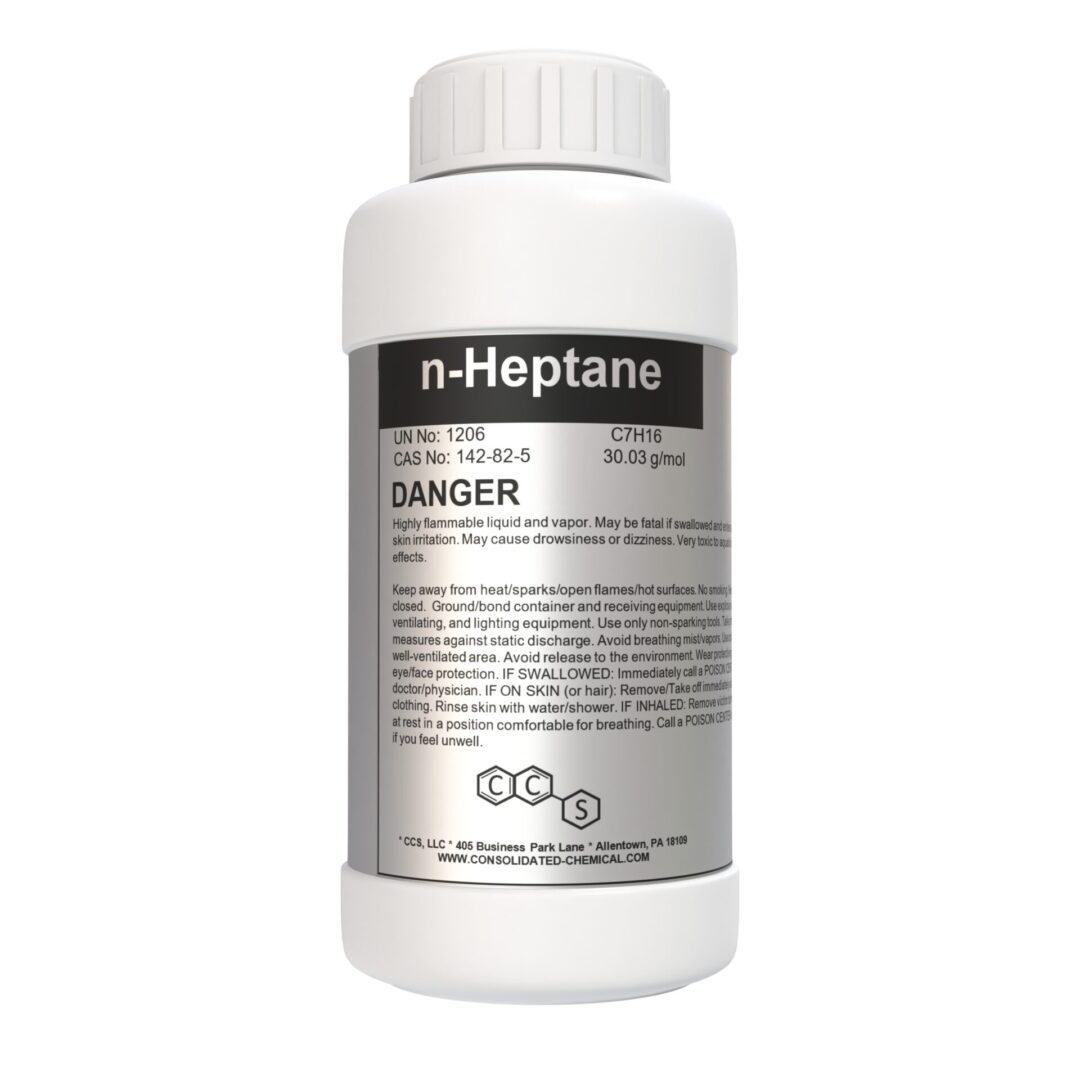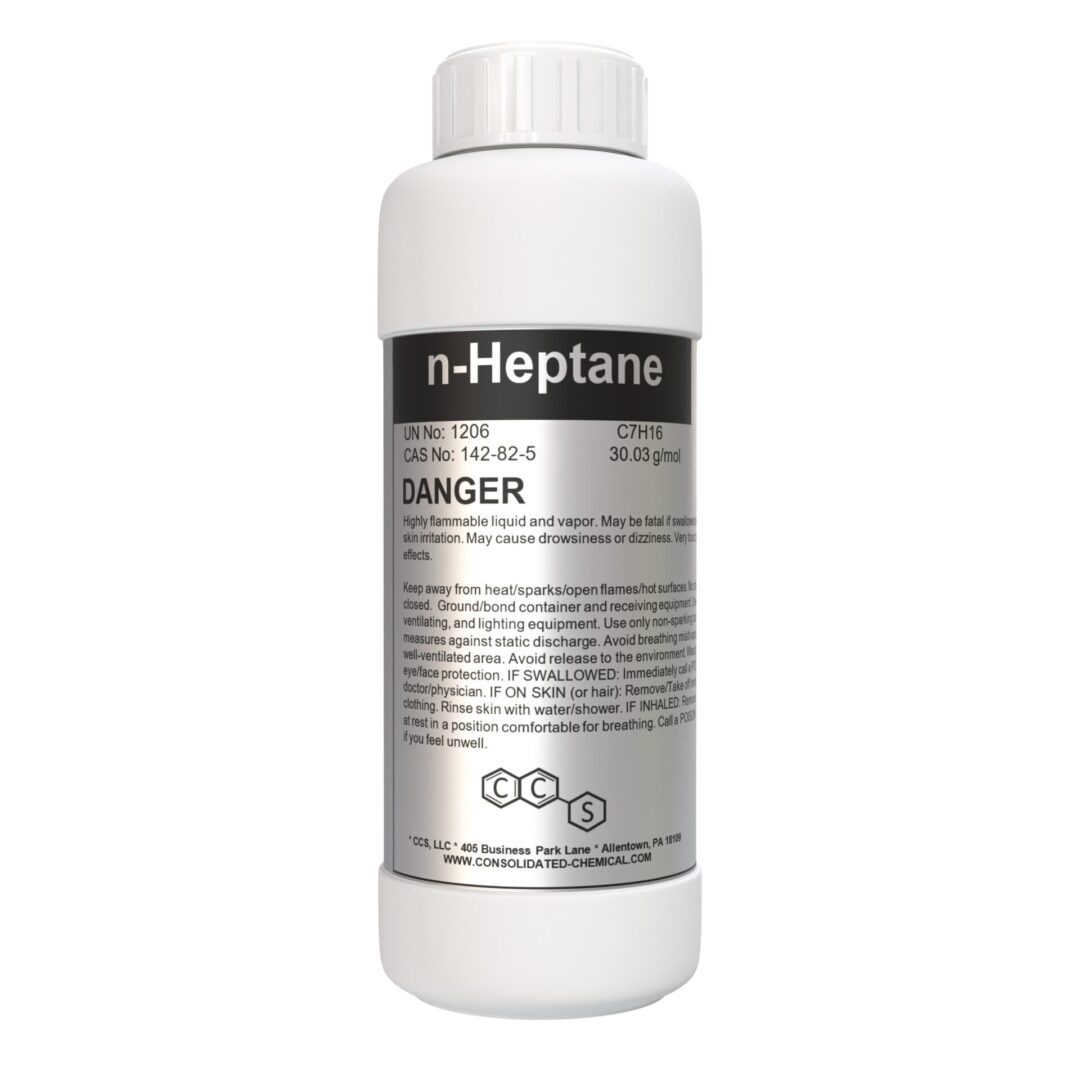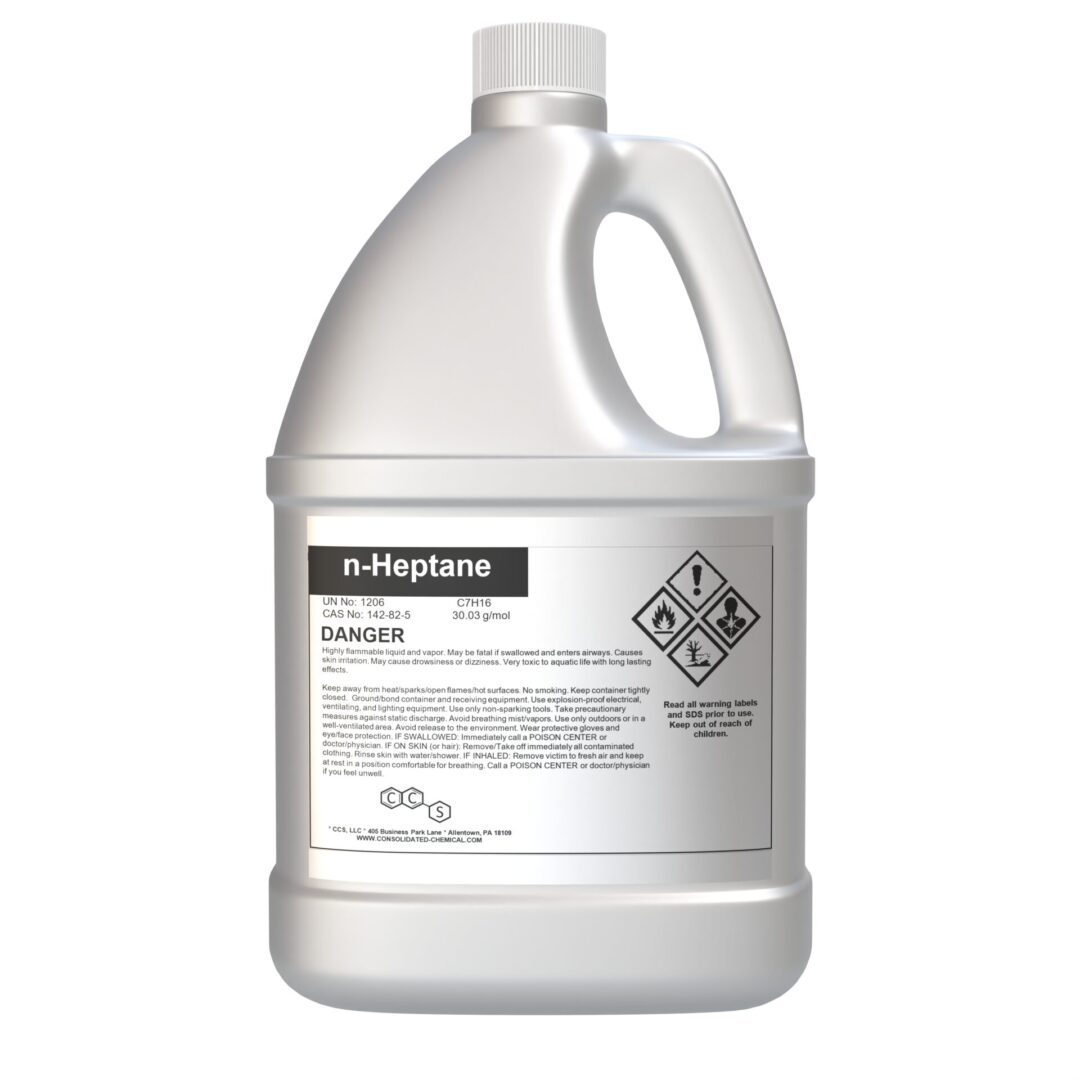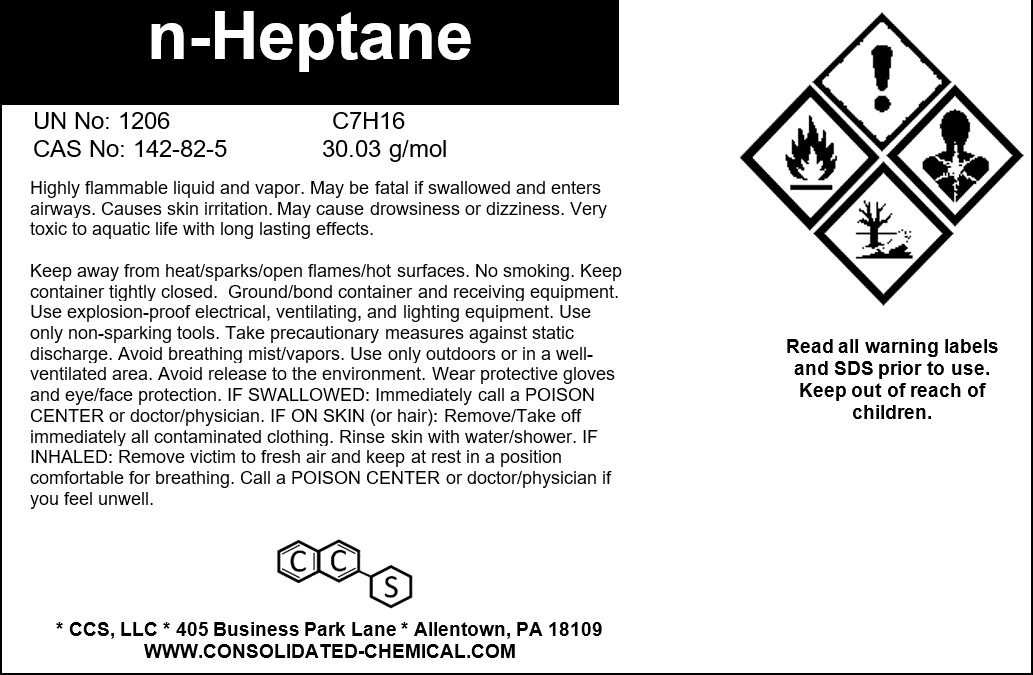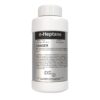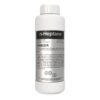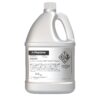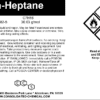N-Heptane – High Purity Bestine Thinner
$14.00 – $67.00
Technical Specifications
- Chemical Name: n-Heptane
- CAS Number: 142-82-5
- Molecular Formula: C₇H₁₆
- Molecular Weight: 100.20 g/mol
- Purity: ≥ 99%
- Grade: High-Purity (suitable for industrial, laboratory, and art applications)
- Appearance: Clear, colorless liquid
- Odor: Mild, gasoline-like odor
- Boiling Point: 98.4°C (209.1°F)
- Melting Point: -90.6°C (-131°F)
- Flash Point: -4°C (24.8°F) (closed cup)
- Density: 0.684 g/cm³ at 20°C
- Refractive Index: 1.387 at 20°C
- Vapor Pressure: 45 mmHg at 20°C
- Evaporation Rate: Fast, evaporates without leaving residue
- Solubility: Insoluble in water; soluble in alcohol, ether, and most organic solvents
Chemical Properties
- Non-Polar Solvent: Acts as a non-polar solvent, making it suitable for organic extractions and dissolution of non-polar compounds.
- Volatility: Highly volatile, allowing rapid evaporation and drying for applications where minimal residue is essential.
- Stability: Stable under normal conditions; should be stored away from oxidizing agents and open flames due to flammability.
Documents: SDS Sheet
Description
N-Heptane is a premium-grade solvent renowned for its purity and fast evaporation rate, making it ideal for a variety of industrial, laboratory, and art applications. This high-purity n-Heptane is widely used in adhesives, coatings, rubber manufacturing, and as a non-polar solvent in lab environments. It provides a clean, residue-free finish and is essential for professionals requiring a dependable solvent for sensitive processes.
Applications of N-Heptane – High Purity Bestine Thinner
Industrial and Laboratory Applications
- Solvent in Chemical Synthesis:
- Used in organic chemistry for extractions and reactions due to its non-polar nature.
- Reagent in Testing:
- Ideal for testing octane ratings in fuels and other laboratory analyses.
- Cleaning Solvent:
- Effectively removes adhesives, oils, and residues in industrial cleaning.
Adhesives and Coatings
- Thinner for Adhesives:
- Commonly used as a thinner for rubber cement and other adhesive formulations.
- Coating Formulations:
- Acts as a solvent in manufacturing paints, varnishes, and coatings.
Pharmaceutical and Medical Applications
- Purification Processes:
- Used in pharmaceutical manufacturing for solvent extraction and purification of compounds.
Plastics and Polymers
- Polymerization Solvent:
- A key solvent in producing and processing synthetic polymers, including polyolefins.
- Cleaning of Plastic Components:
- Removes grease and contaminants from plastic surfaces.
Electronics and Automotive Industry
- Cleaning Agent:
- Cleans electronic components, PCBs, and automotive parts without leaving residues.
- Fuel Testing:
- Used in testing and calibrating engine fuel performance due to its well-defined boiling point.
Cosmetic and Personal Care
- Formulation Ingredient:
- Occasionally used in the formulation of specific personal care products requiring non-polar solvents.
Research and Development
- Laboratory Solvent:
- Essential for chromatography and sample preparation in analytical laboratories.
- Material Testing:
- Used in evaluating material compatibility and chemical resistance.
General Household Applications
- Adhesive Remover:
- Removes sticky residues from labels, tapes, and adhesives.
- Cleaning Agent:
- Degreases tools and surfaces efficiently.
Storage:
- Store in a cool, dry, well-ventilated area, away from direct sunlight, heat, and ignition sources.
- Use grounded and bonded containers to prevent static discharge.
- Keep containers tightly sealed to avoid evaporation and contamination.
- Store away from oxidizing agents, acids, and strong bases.
- Recommended storage temperature: 15°C to 25°C (59°F to 77°F).
Handling:
- Use personal protective equipment (PPE) including gloves, goggles, and flame-resistant clothing.
- Work in a well-ventilated area or under a fume hood to minimize vapor inhalation.
- Avoid skin and eye contact; wash thoroughly after handling.
- Ground and bond containers when transferring to prevent static discharge.
Safety:
- Flammable: Highly flammable; keep away from open flames, sparks, and static discharge.
- Skin Contact: Rinse with soap and water if contact occurs.
- Eye Contact: Flush eyes with water for several minutes and seek medical attention if irritation persists.
- Inhalation: Move to fresh air and consult a physician if symptoms develop.
Disposal:
- Dispose of N-Heptane and its containers in accordance with local, regional, and national regulations.
- Avoid releasing into waterways or the environment.
Additional information
| Size | 100mL (3.3 Fl Oz), 500mL (16 Fl Oz), 1000mL (32 Fl Oz), 1 Gallon (128 Fl Oz) |
|---|
Related products
-
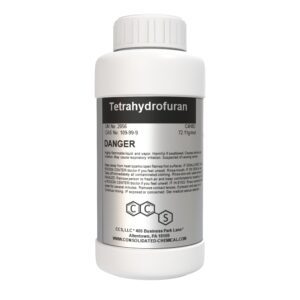
Tetrahydrofuran (THF) – Premium High Purity Solvent
$18.00 – $600.00 Select options This product has multiple variants. The options may be chosen on the product page -

Cinnamic Acid – High Purity | Premium Quality
$14.99 – $48.00 Select options This product has multiple variants. The options may be chosen on the product page -
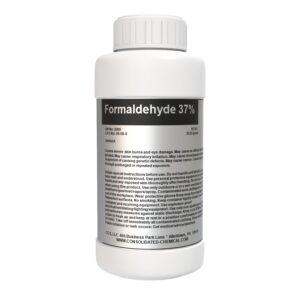
Formaldehyde 37% Solution (Methanal) – Lab Grade
$23.99 – $320.00 Select options This product has multiple variants. The options may be chosen on the product page -
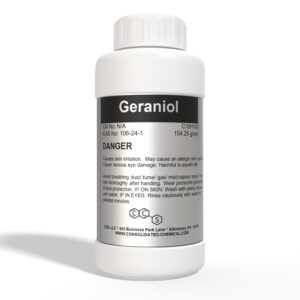
Geraniol | High-Purity Fragrance/Aroma Compound
$9.99 – $800.00 Select options This product has multiple variants. The options may be chosen on the product page


